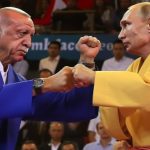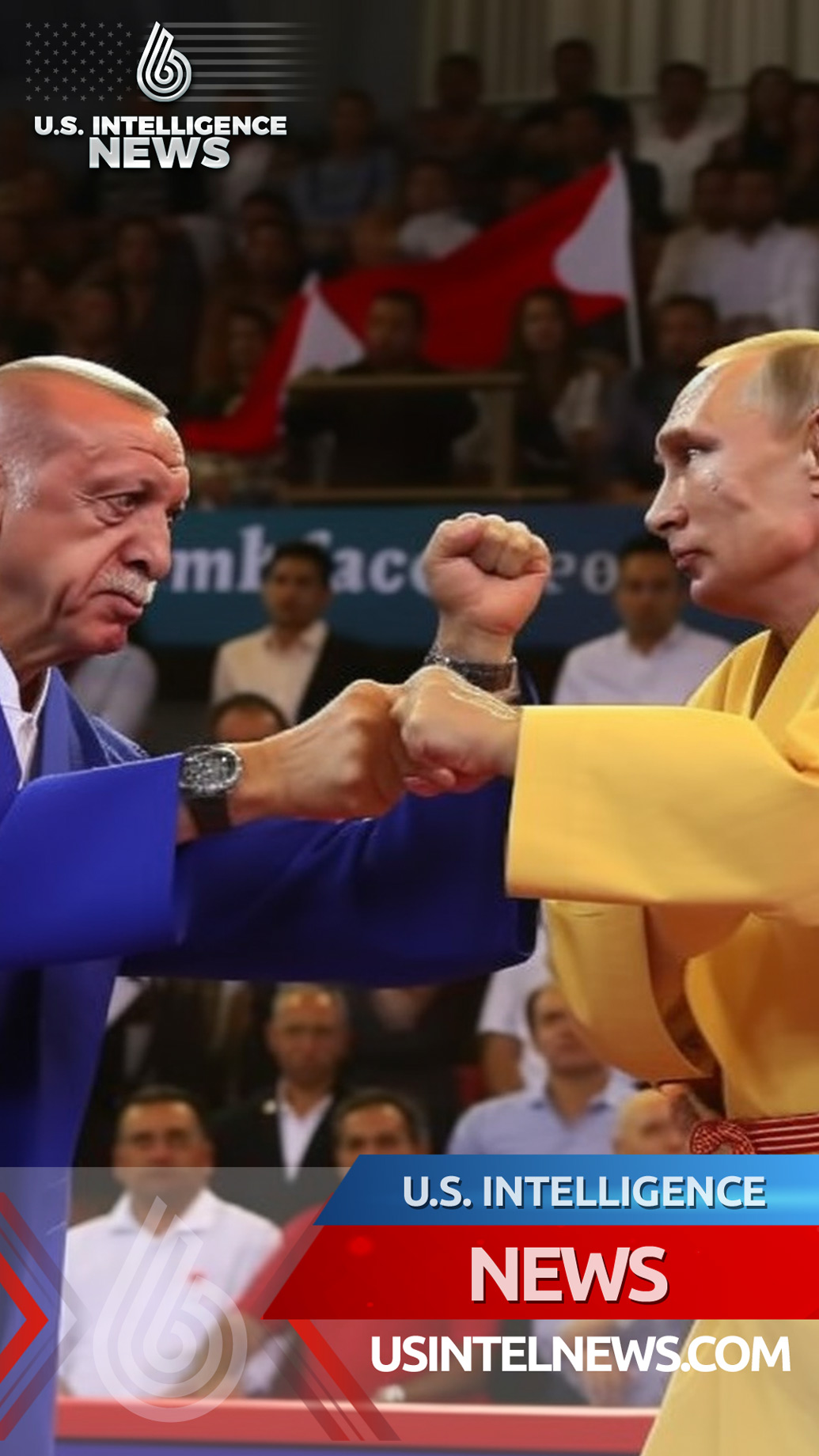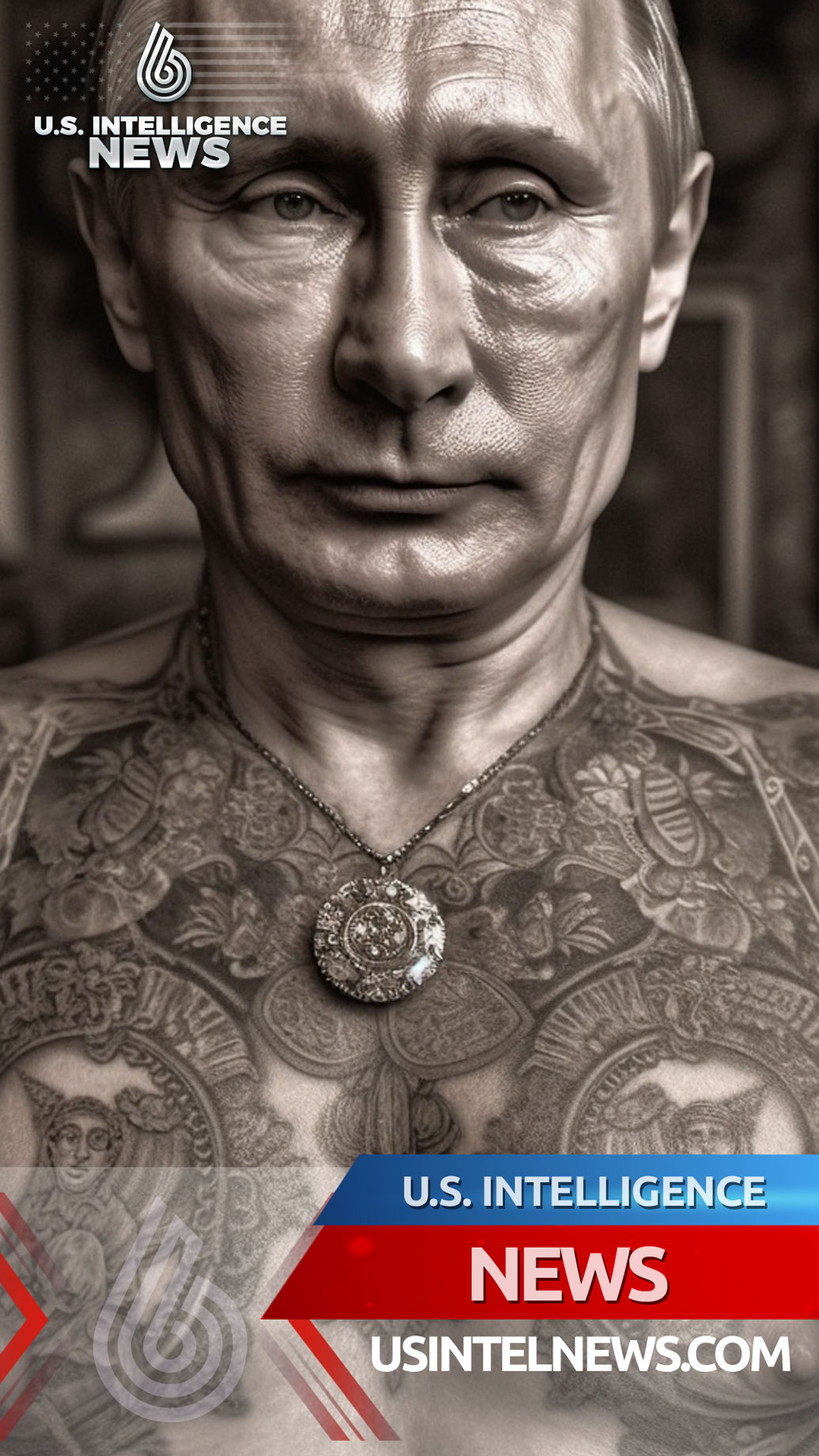
Key Insights:
-
-
- Iran’s missile attack on Israel sparks complex reactions within Russia’s leadership.
- Iran restricts Russia’s use of key weapon systems, including ballistic missiles.
- Russia faces strategic pressures as Israel’s Netanyahu may seek to leverage sensitive information about Putin.
-
Missile Warning
The recent large-scale missile assault by Iran on Israel has triggered a range of reactions within Russia’s leadership. Notably, Iran had issued warnings to several nations regarding its intention to strike Israel. However, Russia was conspicuously absent from the primary recipients of these warnings. In a simultaneous move, Iran discreetly yet firmly informed Moscow that it was prohibited from deploying certain weapons systems previously supplied by Iran for Russia’s war in Ukraine. This restriction, notably involving the use of ballistic missiles, remains in effect until further notice.
Dual Outcomes
For Russia’s leadership, this situation is a double-edged sword. On the one hand, the missile attack on Israel aligns with the anti-Semitic leanings of certain factions within Moscow, and the resultant spike in oil prices is a welcome development for the Russian economy. On the other hand, the actual impact of the Iranian strike was limited, causing minimal damage to Israel. The Islamic Revolutionary Guard Corps’ threats of retaliatory action have been met with little more than derision, and oil prices are expected to stabilize once regional tensions begin to subside. A greater concern for Russia’s military and security leadership, however, is Iran’s restriction on the use of key weaponry. Although temporary, this constraint undermines Russia’s operational capabilities.
Netanyahu’s Warning
Compounding the Kremlin’s unease, on the eve of the attack, Israeli Prime Minister Netanyahu reportedly signaled to Putin that an emergency phone conversation might be necessary, should the situation escalate. Should a more consequential Iranian strike on Israel occur, it is widely expected that Netanyahu would pressure Putin to rein in Iran’s leadership, possibly leveraging sensitive information regarding Putin’s health and the persistent rumors of a body double assuming his public role. The Russian leadership, particularly those in the upper echelons of power, are acutely aware of these potential risks and were notably apprehensive until it became evident that the current crisis had passed without severe repercussions.
Breaking News
FAQ
Why did Iran launch a missile attack on Israel?
Iran’s missile strike on Israel was part of a broader geopolitical move, rooted in longstanding hostilities. The strike, which triggered global reactions, was accompanied by threats from the Islamic Revolutionary Guard Corps, though its actual damage was limited.
Did Iran warn other nations about the missile attack?
Yes, Iran issued warnings to several nations regarding its intent to strike Israel. However, Russia was notably excluded from the list of nations that received these warnings, which has led to speculation about Iran’s strategic communication choices.
Why did Iran restrict Russia from using certain weapons in Ukraine?
Iran placed a temporary restriction on Russia’s use of certain advanced weapon systems, particularly ballistic missiles, that it had previously supplied for the war in Ukraine. This decision limits Russia’s military capabilities, adding tension between the two nations.
How has Russia reacted to Iran’s missile attack on Israel?
Russia’s leadership has had mixed reactions. Some factions within Moscow support the strike due to anti-Semitic leanings, while others are concerned about the limited impact of the attack and the potential regional consequences. The spike in oil prices following the attack is seen as a temporary economic benefit.
What is the impact of the missile strike on Israel?
The immediate physical impact of the missile strike on Israel was minimal, causing limited damage. However, the threats from Iran’s Revolutionary Guard Corps were met with derision, and the geopolitical tension created by the event has led to temporary fluctuations in oil prices.
What role does Israeli Prime Minister Netanyahu play in this situation?
Prior to the attack, Netanyahu reportedly signaled to Putin that an emergency conversation might be necessary if tensions escalated. Should a more severe strike occur, Netanyahu is expected to pressure Putin to contain Iran, potentially leveraging sensitive information about Putin’s health to influence Russian leadership.


 Kremlin’s High-Stakes Gambit: Secret Deals, a Presidential Double, and the Fight to Salvage Power in Syria
Kremlin’s High-Stakes Gambit: Secret Deals, a Presidential Double, and the Fight to Salvage Power in Syria  Putin’s Economic Gambit: Russia Aims for Global Oil Dominance Amid Sanctions Pressure
Putin’s Economic Gambit: Russia Aims for Global Oil Dominance Amid Sanctions Pressure  As Bitcoin Faces a Market Meltdown, Ethicoin Rises as the Ethical Alternative for a Sustainable Crypto Future!
As Bitcoin Faces a Market Meltdown, Ethicoin Rises as the Ethical Alternative for a Sustainable Crypto Future!  Are North Korean Soldiers a Burden or Asset in Russia’s Offensive?
Are North Korean Soldiers a Burden or Asset in Russia’s Offensive? 



